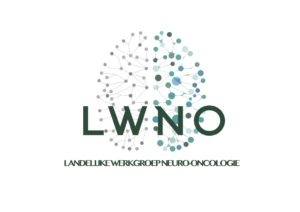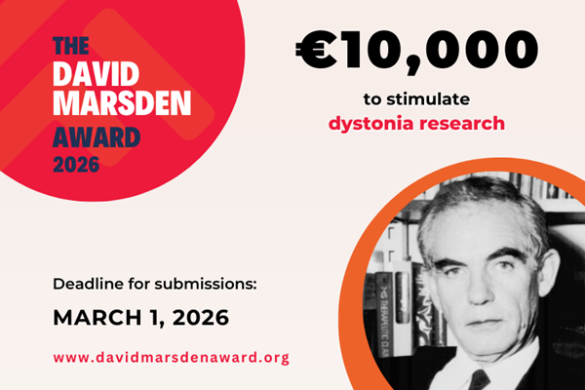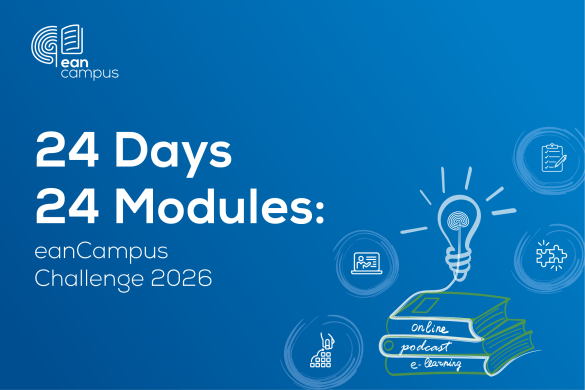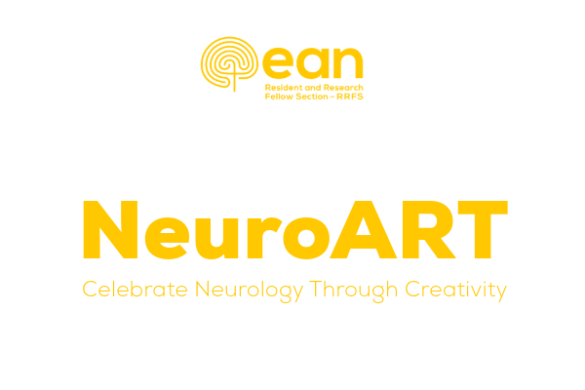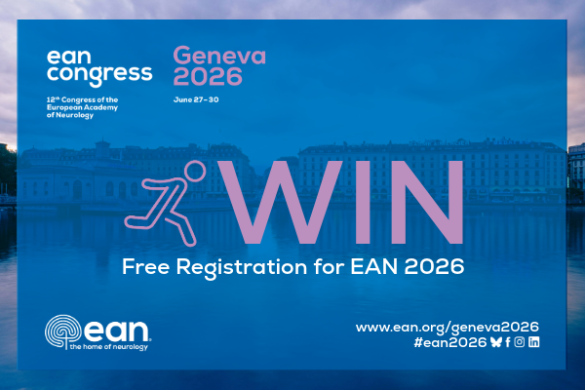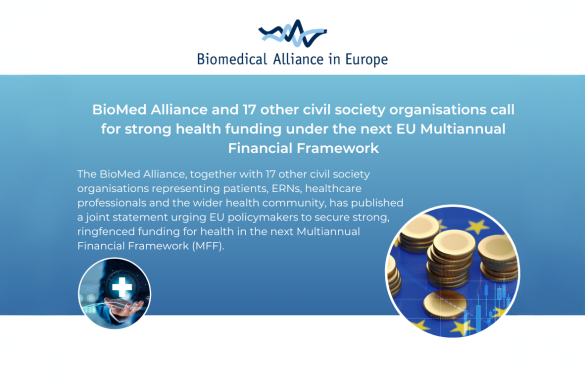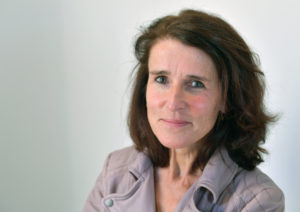 By Anja Gijtenbeek, on behalf of the Dutch Society of Neuro-Oncology
By Anja Gijtenbeek, on behalf of the Dutch Society of Neuro-Oncology
The diagnosis and care of patients with neurological malignancies or neurological complications of systemic cancer pose many challenges, and requires multidisciplinary expertise.
Nearly 25 years ago, two founding fathers established the Dutch Society of Neuro-Oncology (LWNO; Landelijke Werkgroep Neuro-Oncologie), an organization of neuro-oncology professionals. In the following decades, multiple neurologists, neurosurgeons, radiation oncologists, medical oncologists, medical neuropsychologists, radiologists and pathologists and, more recently, the neuro-oncology nurses and young investigators joined the organization. The Dutch Society of Neuro-Oncology has now become the national forum for discussing the challenges of neuro-oncology both in daily clinical practice and in the scientific field, and to develop evidence- based national guidelines.
Members of the Dutch Society of Neuro-Oncology are leading authorities in brain cancer research on treatment, quality of life and tumor biology and genetics. They initiate national and international studies and widely participate to international initiatives. A Dutch neuro-oncologist was the first chairman of the Brain Tumor Group (BTG) of the EORTC (European Organization for Research and Treatment of Cancer), and Dutch physicians are still actively involved in the board of the BTG.
Despite recent progress in the treatment of gliomas, there still is no cure for these tumors. Identifying patients that will benefit most from the available treatments, and save others from potential toxic treatments, is a major topic of research nowadays. Since 2016, the WHO Classification of Central Nervous System Tumors uses (epi)genetic information, such as IDH1, 1p/19 co-deletion and MGMT promoter methylation to complement conventional histology and help define tumor prognosis and allocate treatments. Nowadays, molecular testing is needed to profile each patient’s tumor and is mandatory for the adequate treatment of brain tumors.
Clinical research aims to directly influence daily practice. The effects of targeted therapy and immunotherapy in primary and metastatic brain tumors are investigated. The role of postoperative radiotherapy and the maximum number of brain metastases to treat with stereotactic radiotherapy are under research. Novel imaging methods and decisional trees that can be used in daily practice, are developed for the early evaluation of a treatment effect (or pseudo progression) in gliomas and metastases.
Other investigators of the Dutch Society of Neuro-Oncology focus on basic and translational research, involving genomics, proteomics, signaling pathways, and drug delivery issues among others. The Society plays a role in coordinating the initiatives on basic and clinical research and provides a forum for discussion among investigators.
The members of the Society are professionals in daily practice and they feel the responsibility to set the standard of neuro-oncology care in the Netherlands. They do so in collaboration with the Comprehensive Cancer Organization of the Netherlands (IKNL). National guidelines for the treatment of patients with glioma, meningeoma, brain metastases, leptomeningeal disease, spinal metastases, medulloblastoma and ependymoma have been developed for all professionals in neuro-oncology care. In collaboration with patient-organizations, criteria for the diagnosis, treatment and care of glioma patients were developed en implemented.
Dedicated neurologists, neurosurgeons, radiation and medical oncologists, pathologists, radiologists and neuro-oncology nurses work together in regional neuro-oncology networks to combine and enhance their expertise in this fast evolving field, to educate young doctors and nurses and to provide the best possible care to patients and their caregivers.
The Dutch Society of Neuro-Oncology (LWNO) has flourished since the foundation 25 years ago, and is determined to do so in the future.
